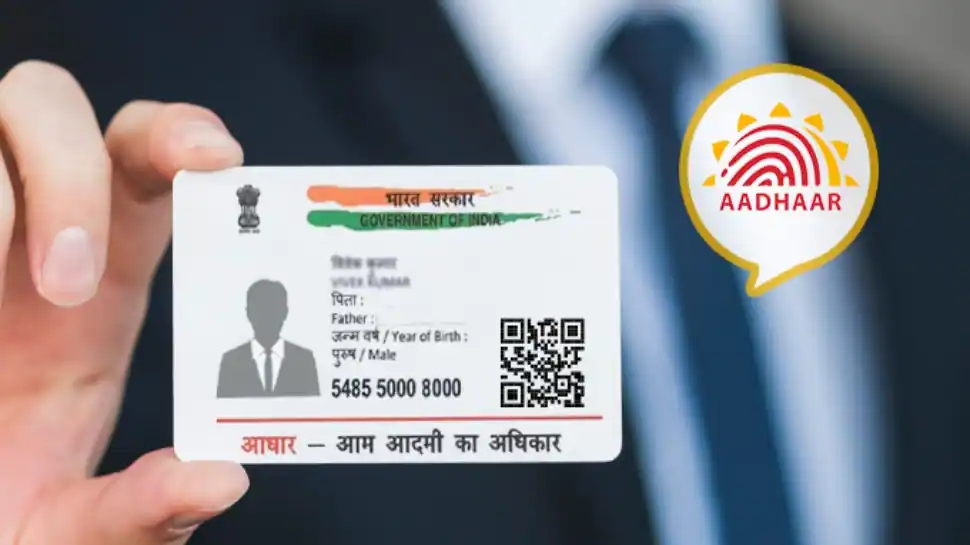Washington’s Employment Security Department is about to be the latest state agency to deploy ID.me’s face biometrics and remote identity verification system to authenticate people applying for benefits, reports The Seattle Times via TechXplore.
The roll-out follows an earlier pilot in 2021, which was initiated after Washington officials tallied $1.6 million in fraudulent benefits claims in March and April of 2020.
The state agency is still in the process of ironing out the details of the deployment, but sought to assure the public of its responsible approach to data privacy and security.
“We take data security and data privacy very seriously,”
ESD Director of Public Affairs Nick Demerice told the Times.
“We will evaluate all information to ensure we implement this verification tool safely and responsibly. We understand the need to balance the competing priorities of claimant safety, ease of use and fraud prevention.”
As the saga with ID.me’s IRS contract continues to play out in the media, Business Insider reports the company’s contract with Veterans Affairs is leaving hundreds without access to their deserved benefits. This assessment is based on the discovery of some 700 complaints about the identity verification service to the Department of Veterans Affairs in the four months from October 2021 to January 2022.
Some of the complaints are from people attempting to exercise power of attorney, or help veterans who are in the hospital or unused to using technology for remote processes. Problems were also reported by overseas veterans and based on technical errors, and some users reported unexplained rejections.
No face biometrics for GSA . . . yet
The U.S. Federal General Services Administration (GSA), which operates the Login.gov service, is not prepared to start using face biometrics at the time, GSA Administrator Robin Carnahan said during FedScoop’s IT Mod Talks. The IRS was planning to adopt login.gov as an ID.me alternative.
Carnahan recognized widespread problems with intended recipients of government benefits being rejected or forced to wait interminably during the pandemic, but suggested that facial recognition does not appear to be effective enough yet for the GSA.
“That’s not to say that over time, that won’t get better and that we can’t move to that,”
Carnahan explains.
“But at the moment, the team was not confident that this could be deployed in a way that was fair to everyone and provided equitable access. So we decided not to do that.”
Source:






Comments